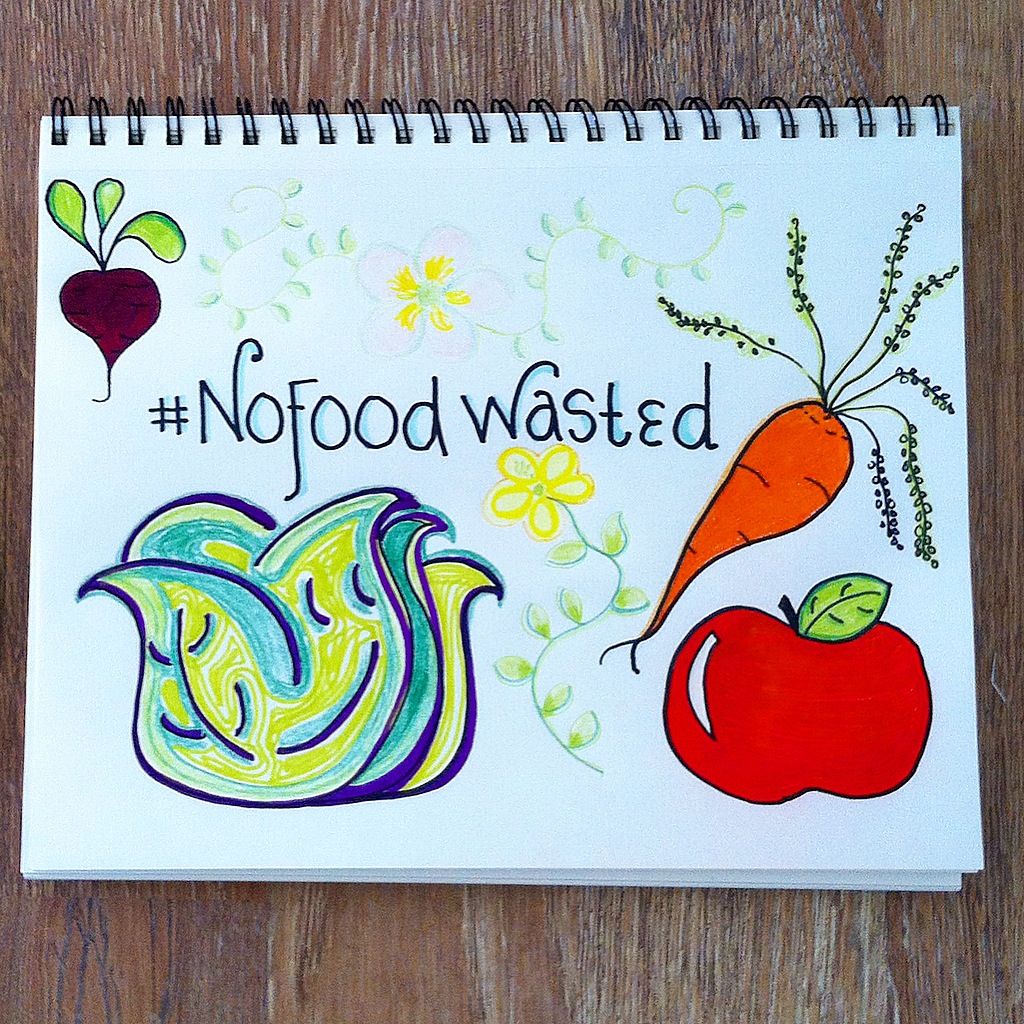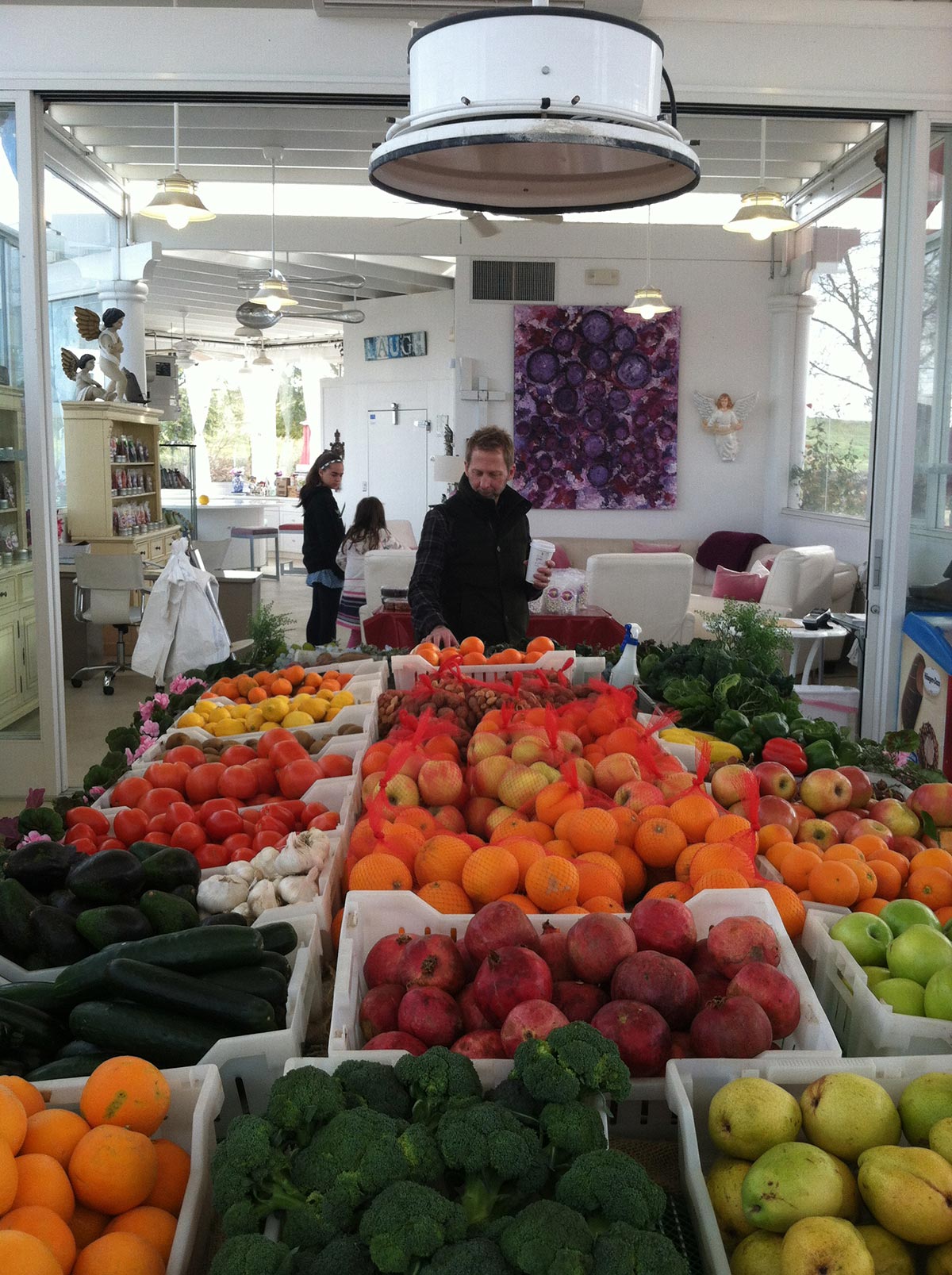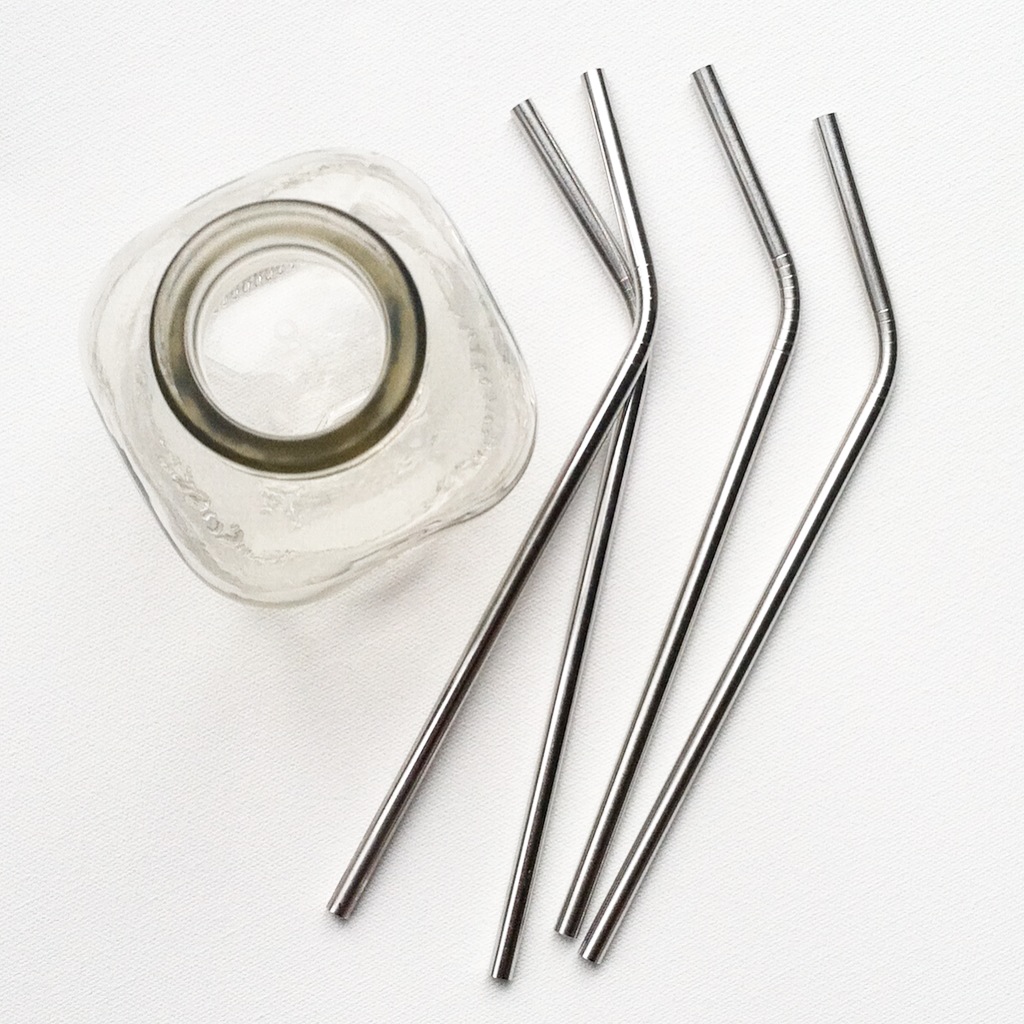
Living with a thoughtful approach to the environment is not only a good idea to ensure a healthy planet for our children’s children but it can also save you some cash right now. Here are some tips to get you started:
-
Buy local whenever possible. Buying local can save you money and, as an added bonus, will help your local economy and reduce the amount of greenhouse gas created when products are trucked or flown from far away places.

-
Avoid buying disposable products when non-disposable options are readily available. When entertaining use reusable plates, cups, cloth napkins and flatware. When storing leftovers use glass containers not plastic bags. If you have kids that love drinking through straws, considering investing in some stainless steel or glass versions, check out this article on how to Choose Eco-Friendly Straws. Bottom line, think ahead when purchasing products that are single-use, and ask yourself if there is a better option.

-
Grow your own food. This is the ultimate in “buying” local. Even if you don’t have the room for a big garden, utilizing some sunny space to tuck in a raised garden bed or a container garden full of herbs, can save you cash and is a fun way to know exactly what you’re eating. Getting your kids involved with the garden is also a great way to ensure they will have an appreciation for the food they are helping to produce.
Mother Earth News is one of many great resources for finding information about organic gardening, visit Mother Earth News and get started on your own garden plans.
-
Make meals at home. We all know that cooking at home saves money, but it also uses fewer resources than eating out or purchasing pre-made food. And, if you are growing your own food, the benefits of healthy, cost conscience meals are even higher.
Need some fun recipes to try? Simply Organic has some great recipes.
-
Stop wasting food. Food waste is a huge problem in the U.S. According to the must-read book, “American Wasteland: How America Throws Away Nearly Half of Its Food (and What We Can Do About It)” by Jonathan Bloom, almost half of all the food grown and produced in the United States is not eaten, becoming wasted food. That is almost unbelievable and add that to the fact that at least 15% of people are food insecure or “hungry” in the United States (Source: Feeding America) means that we should all be doing what we can to avoid food waste. What can you do? Shop your refrigerator first and cook or eat what you already have at home before buying more. Plan your menu before you go shopping, buy only those things on your menu and things that you really need and will realistically use. And remember, buying in bulk only saves money if you are able to use the food before it spoils.
Visit End Food Waste for more tips on how to avoid food waste.
-
Turn off the faucet when you’re brushing your teeth. I know you have probably heard this one before, but it’s an easy way to conserve water and save money on your water bill while conserving that precious resource. You can save up to five gallons of water per day depending on the size of your family and your commitment to dental hygiene.
-
Avoid your energy hogging dryer whenever possible. According to the U.S. Department of Energy, the dryer is number two on the list of household energy users. Number one is your refrigerator. By using a simple clothesline or clothing rack, you can save money, energy and prolong the life of your clothes.
-
Make your own cleaning products. According to The Nest, the average American home can spend as much as $1,500 a year on cleaning products. Making cleaners yourself is both environmentally responsible and an easy way to save money. DIY cleaners also limit the exposure of your family and pets to toxins and polluted air.
Check out a list of some of my favorite DIY cleaning recipes.
-
Frequent your local thrift shop frequently. Need a vase, a pair of jeans for your five year old or some holiday decorations? Check out your local thrift store. Most local thrift stores are in business to help fund local charities so your purchase is saving you money, saving the planet and helping your community. Also consider donating your unwanted items to your thrift store so they can be reused instead of sitting in your garage or being thrown in your local landfill.
-
Instead of buying that hot new novel you’ll only read once, check out your local library. Not only can you save money on books and magazines, you can also check out music and movies for the whole family.